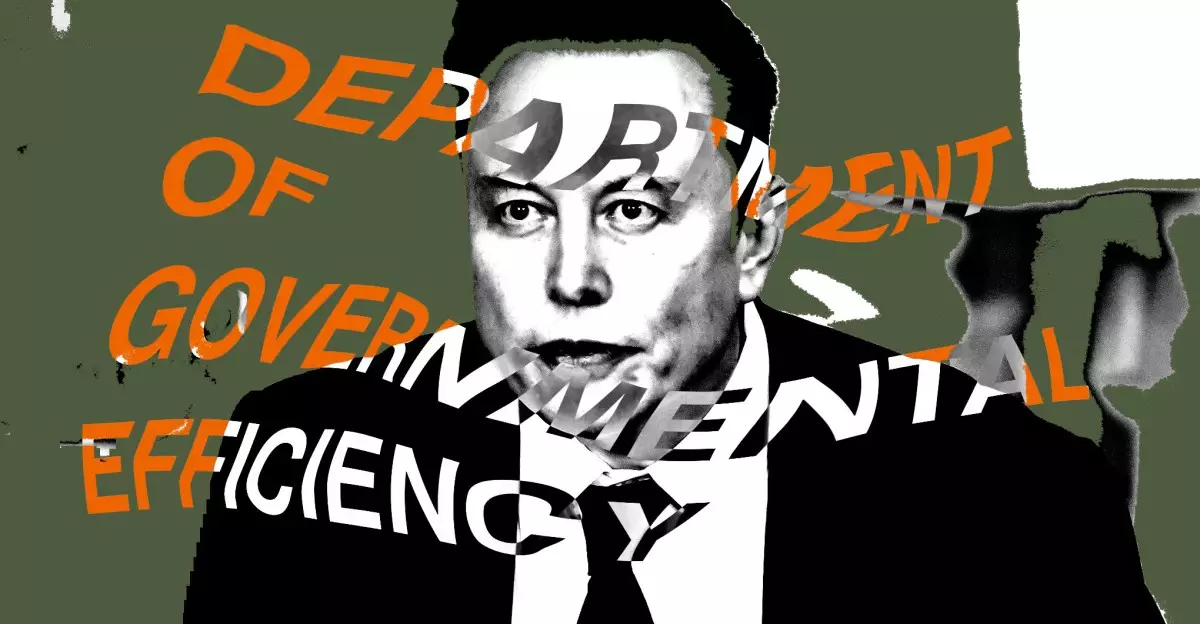In a significant legal move, nineteen states have banded together to challenge the recent actions of Elon Musk’s controversial cryptocurrency, DOGE, resulting in a federal court ruling that temporarily blocks its access to critical Treasury Department records. This situation underscores the complex interplay between technology, politics, and privacy, especially as it pertains to the handling of personally identifiable information (PII) in the digital age.
The lawsuit was filed in New York’s Southern District Court and claims that the administration’s decision to allow DOGE access conflicts with existing legal frameworks, particularly the U.S. Administrative Procedures Act and the constitutional doctrine of separation of powers. The implications of the case are vast, stretching beyond just legal technicalities; they touch on the broader issues of governmental authority and the safeguarding of citizen privacy. The plaintiffs, led by New York Attorney General Letitia James, articulated that such access not only compromises individual privacy but goes against established protocols for handling sensitive data.
District Judge Paul A. Engelmeyer’s ruling came swiftly, addressing the immediate concerns raised by the lawsuit. The judge ordered an immediate halt to any access granted to political appointees and other government officials regarding Treasury payment records, which contain critical information like Social Security numbers. Furthermore, the Judge mandated that any materials downloaded from these records since January 20, 2025, be destroyed immediately, demonstrating the severity of the situation and elevating the court’s role as a protector of public trust in data handling.
The public has been vocal in their reaction to the lawsuit, with many expressing concern over the potential misuse of personal data by what’s perceived as corporate interests encroaching on government functions. Critics argue that allowing a private entity, irrespective of its influence or technological prowess, access to sensitive governmental records stands to erode public confidence in the integrity of federal systems. This case not only challenges DOGE’s direct access to Treasury records but also raises larger questions about the future of cryptocurrency and its intersection with governmental processes.
This lawsuit is not an isolated case in the realm of legal challenges against the administration’s sweeping actions regarding technology and privacy. As individuals and entities resist the blending of governmental power with private corporate interests, legal analysts watch closely, noting potential precedent-setting outcomes that could redefine how technology interacts with federal authority. A hearing scheduled for February 14 will delve deeper into the nuances of this case, bringing to light the intricate balance of power between state and federal branches—a theme that resonates with ongoing disputes in various domains of American governance.
As the legal battle unfolds, the stakes remain high, with the ramifications affecting not just Musk’s DOGE but potentially reshaping the landscape for digital currencies and their regulation in the United States. The complex ties between privacy, technology, and constitutional law are brought to the forefront, making this case a pivotal moment in understanding the future of data governance in an increasingly digital world.

